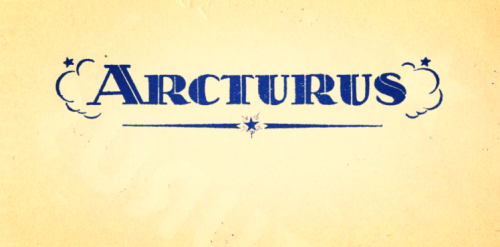
Reading Really Does Help Your Writing

As writers, we’re always told the best work goes through multiple drafts and revision processes before it’s the best it can be. And even then, it can always be better.
For the longest time, I never knew how to reread my own work and figure out how to make it better. At least not more than the traditional, surface level editing like filling in plot holes or giving a little more motivation to that really important character. Maybe you’ve heard your professors or other admired writers talk about editing on a sentence level and all the various tips and tricks they spell out to help you improve. Yeah, I’ve heard them all, too. And yet I still couldn’t find that magic that allowed me to see my writing on a critical level. Until, that is, I became an editor for a couple of literary magazines.
Here at Columbia, one of my classes this semester is called Literary Magazine Editing, and it’s taught by David Lazar who runs the magazine Hotel Amerika. Part of being in the class requires me to be a reader for the submissions the magazine receives, from Prose Poetry to Nonfiction and a lot of things in between. Additionally, I’m the Managing Editor of a new literary magazine outside of Columbia called Arcturus, which is published through the Chicago Review of Books, a website I’ve been a contributor for since early 2016.

Both of these magazines have jump-started the spark I’ve been looking for in my self-editing process. Most magazines receive numerous submissions a week, and there are only so many that are of the publishable quality that these magazines are looking for. Once we read a batch, the editors and readers sit down and discuss what we liked or disliked about each piece. Having access to so many different levels of writing has really opened my eyes to the skill and technique that editors and magazines are looking for. And not just hearing about it, but also taking part in that process and learning the ins and outs.

I recently opened a story on my laptop that I had written just this summer, a piece I was generally pretty satisfied with after my first round of edits. Like I said, I wasn’t really in the habit of doing tight sentence-level editing before, and so that first round of “tweak here, cut there” was all I had pressed myself to do. But after just three weeks of being part of these two magazines, I see this piece – even just the first paragraph – in a completely new way. I can see where the language is a little loose. I notice that the rhythm is broken up by clunky word choice. That certain phrase really isn’t fresh – surely there’s a better way to say it!
And that’s when it clicked for me. I was reading my own work the way I read submissions. I was in the habit of reading for urgency and unique language usage; I hadn’t turned that part of my brain off. And that was a good thing! I wanted the very best for the magazines, and I was now holding myself to that same high standard. I expected just as much from my own writing as I did from those hopeful submitters that sent their work into the magazines for consideration.
They always say that to be a good writer, you must read, and read a lot. I never doubted it; I try to read multiple books a month! But now I see that reading unpublished work, and reading it with an eye of someone combing for true quality – that’s the type of editing my own work requires. I now find myself asking, “Would an editor read past my first page?” – “Does this sentence do the work it should?” – “How can this phrase pop and keep the reader moving forward?”
These questions and attention to your work might already be common practice for you. That’s fantastic! You’re miles ahead of me. But I still encourage you to participate on some type of editorial board or reading panel, just to get that extra push and critical angle. Your brain is a muscle, after all, and muscle memory can really be a thing of beauty.
P.S. Both Arcturus and Hotel Amerika are open for submissions! Check our their websites if you, too, want to be one of those hopeful submitters!
